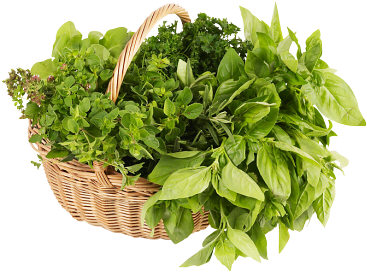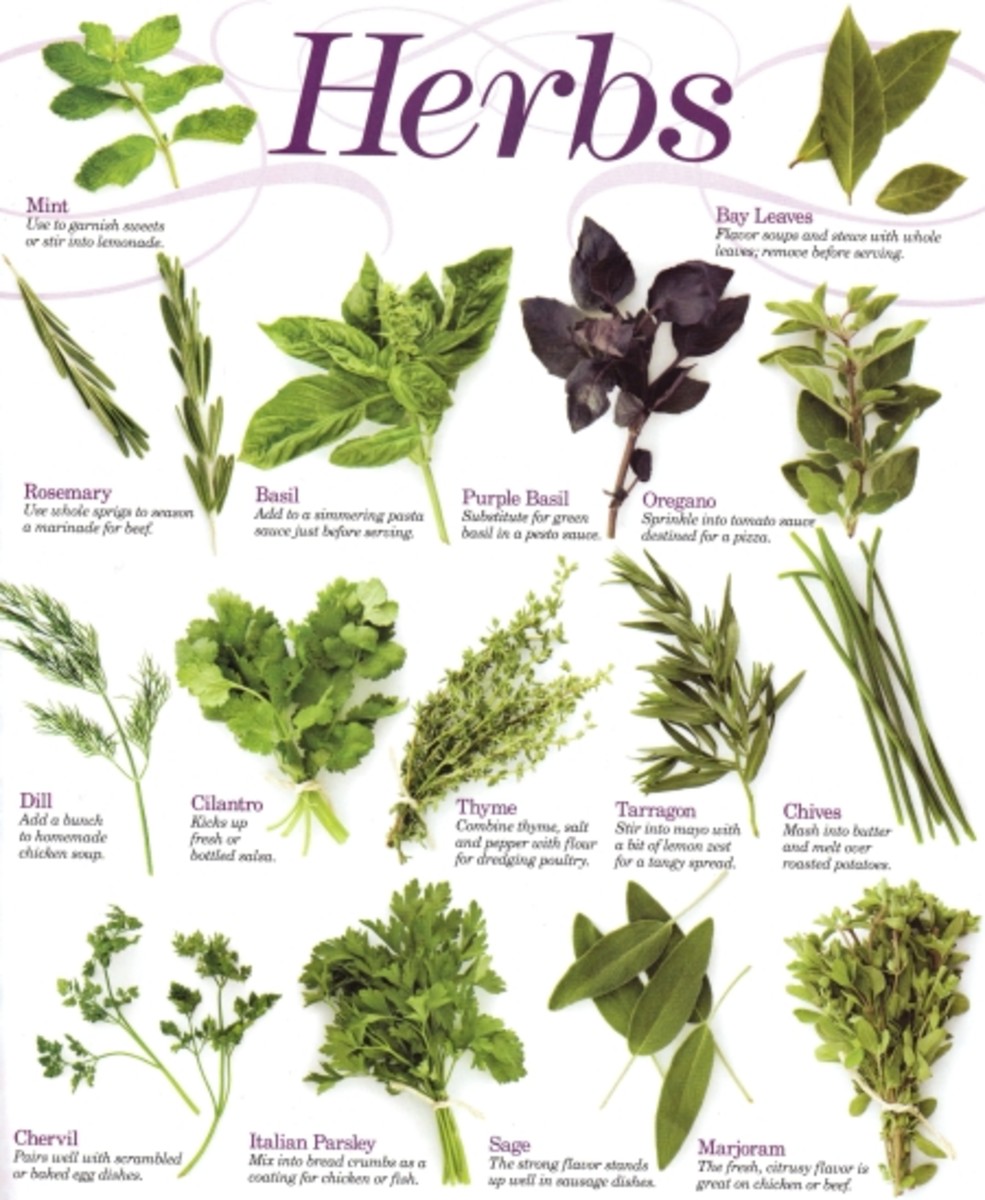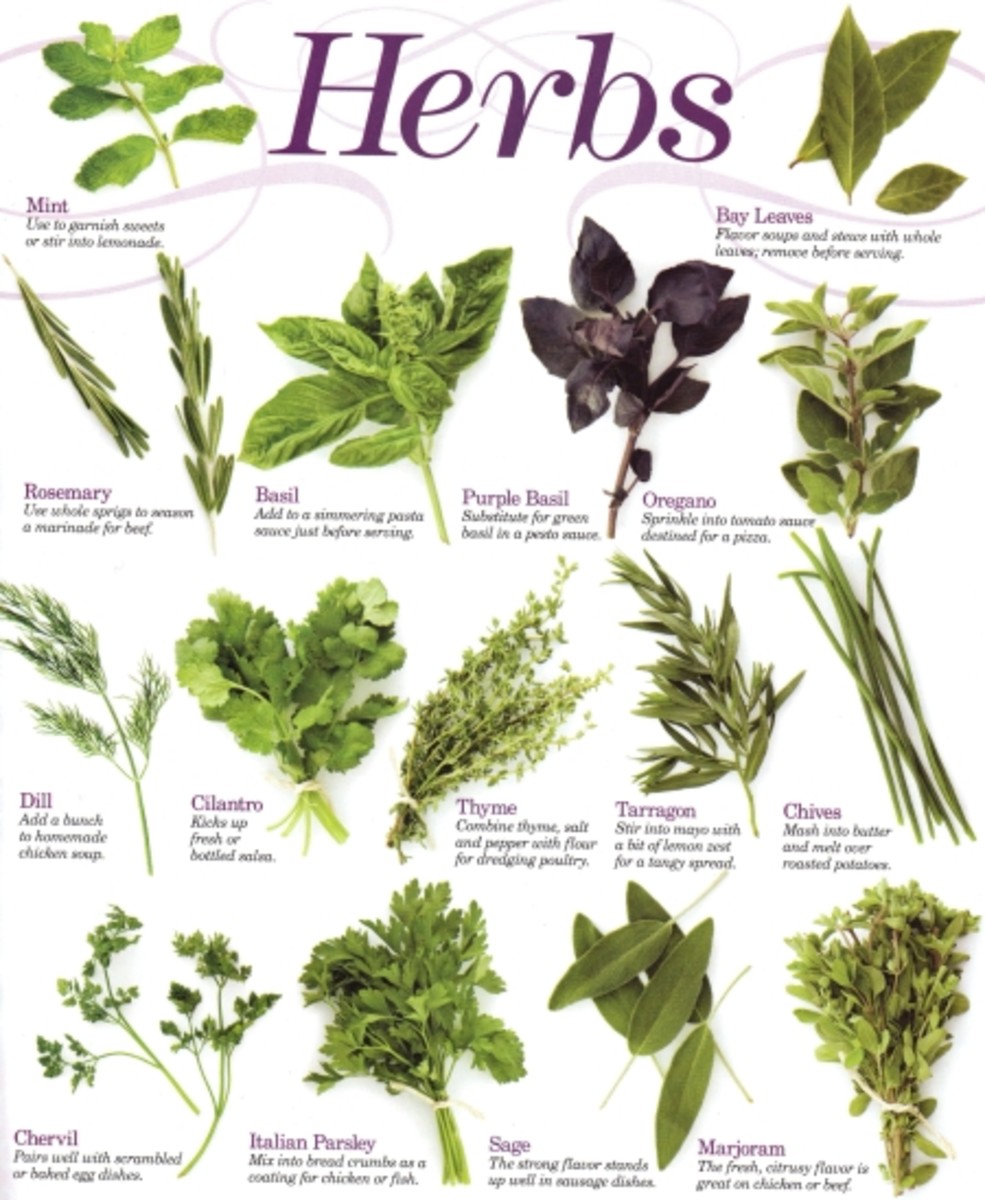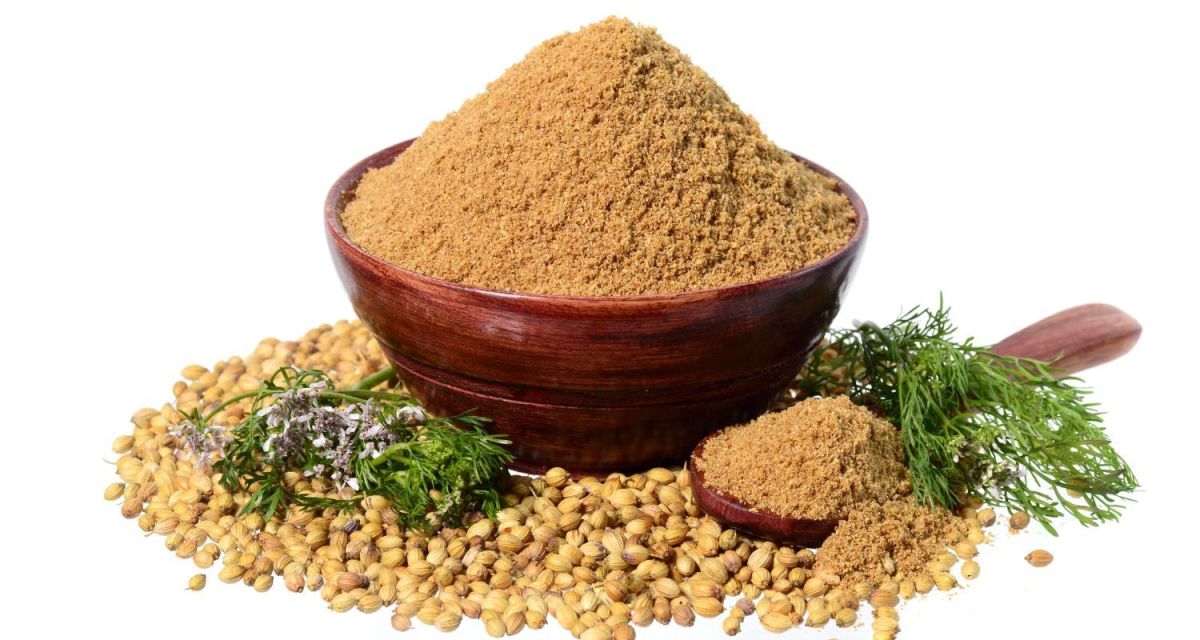10 Tips for Selecting the Best Fresh Herbs at the Supermarket

You have obtained a terrific recipe for a meal that you really want to try. The recipe includes fresh herbs in the ingredients. How do you select the best fresh herbs from the supermarket so that you can make sure that this recipe turns out as great as it possibly can? Follow these ten tips whenever you are looking to buy the best fresh herbs:
- Look for fresh herbs that are not packaged. When you go to the supermarket, you will see that there are typically two types of fresh herbs. There are fresh herbs that are truly fresh, laid out in a bin in the produce section just like the onions or cucumbers or peppers. Then there are fresh herbs that have been cut and packaged into plastic containers for you to use. There is nothing wrong with choosing this second option if it's your only choice but if you do have the option to select fresh herbs that have not been packaged yet in any way then do make that choice.
- Make sure that the herbs are properly refrigerated at the store. Most supermarkets do properly refrigerate their fresh herbs in the produce section of the store. Make sure that the herbs that you purchase are refrigerated in this way. The exception to this rule is if you're shopping at an outdoor farmer's market where storage may differ but do ask the seller to make sure that the herbs were properly refrigerated until they were brought to market.
- Double-check that the refrigerated herbs aren't TOO cold. Some herbs don't do well in supermarket refrigerators because they get colder than they should. You'll know this immediately by looking at the herbs because those that are too cold are going to have ice crystals or freezer burn on them. Don't buy those herbs because they won't taste as good.
- Look for herbs that look leafy and fresh. Most of the herbs that you are going to purchase fresh are going to be leafy green herbs like mint or parsley or oregano. You want to choose these herbs based on their vibrant green coloring. You want terrific-looking herbs that would catch your eye if they were in a garden or kitchen herb container because they just look so healthy and ready to eat. Any signs of yellowing or wilting are signs that these aren't the best herbs to choose for your recipe.
- Look over the herbs carefully to make sure that there aren't old spots. A bundle of herbs that looks fresh may actually have some old spots in it that you don't want to eat. You should look over your herbs carefully to make sure that there are no black spots, holes in the leaves or dried out sections in the bundle. Of course, as with all produce, there may be a spot or two that you can just cut out and use the rest of the bundle but in general you want to look for herb bunches without these flaws.
- See if the stems stand up straight. You don't want to choose bundles of herbs that have a lot of broken or limp stems. Hold the bundle that you may buy upright and look to make sure that the stems support themselves without breaking or bending.
- Smell the herbs. Yes, it feels a little bit weird to put your nose to the herbs at your local supermarket. However, the nose knows. You want to choose herbs that have a good aroma and a fairly strong smell. It is acceptable to tear off a small leaf or two at most grocery stores to hold it up to your nose for a smell test.
- Touch your herbs to make sure that they aren't slimy. Sometimes supermarkets store herbs in a manner that keeps them too wet. As they start to get older, these wet herbs will begin to feel slimy. Nobody wants to eat slimy herbs. Put your hand to the bundle to make sure that your herbs feel like a fresh plant and not something slimy that belongs in your garbage disposal!
- Buy them field-grown. There are basically two different types of fresh herbs at the grocery store - those that are field-grown and those that are greenhouse-grown. If you have the option to choose between the two, you want to select those that have been field-grown as they tend to have the best flavor. They also tend to be larger and hardier.
- Select the right amount. One of the problems with store-bought herbs is that you often have to buy more fresh herbs than you will use. Know that fresh herbs generally last less than a week after purchase so you want to buy just what you need if that is at all possible. If it is not possible to get a small bunch then you will want to select the best-looking bunch available and separate out what you'll need for your recipe as soon as you get home. Use the rest quickly in other foods or else dry it at home for use later.
- Choosing & Storing Herbs & Spices
When it comes to herbs and spices -- even dried varieties -- freshness counts. Learn how to shop smart and store herbs and spices well to ensure optimal flavor. - Buying and Storing Fresh Herbs cooking with herbs and spices
Buying and Storing Fresh Herbs. Recipes and information about cooking with herbs and spices.








